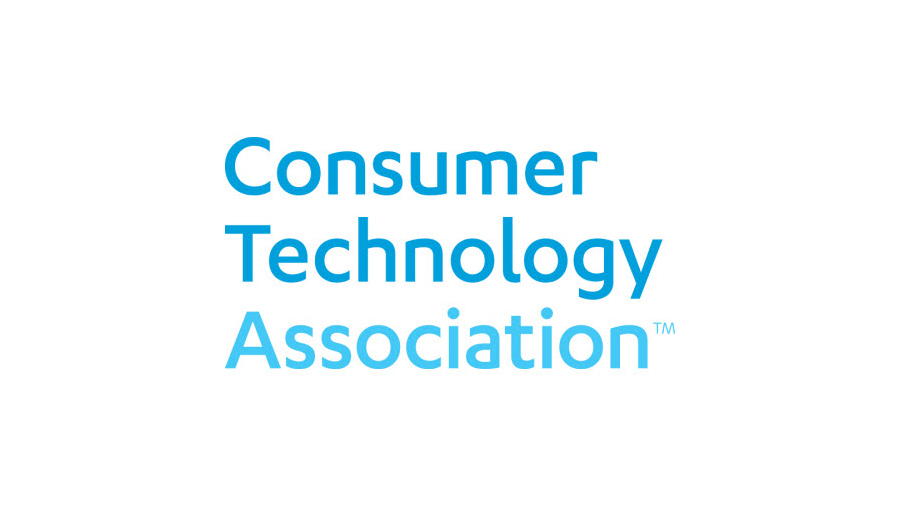CTA: Tech Already Defrays FCC Costs in Big Way
Said NAB proposal to expand fee base to unlicensed users would defy precedent, hurt consumers

The smarter way to stay on top of broadcasting and cable industry. Sign up below
You are now subscribed
Your newsletter sign-up was successful
Computer companies are pushing back on a proposal by broadcasters to extend the user fees broadcasters, cable operators and satellite companies pay the Federal Communications Commission to Big Tech companies that benefit from unlicensed spectrum the FCC oversees.
The Consumer Technology Association responded to the National Association of Broadcasters‘ proposal in a comment to the commission.
The CTA said that extending the fees would “defy precedent, undermine innovation and hurt consumers, app developers, device makers and small businesses that rely on unlicensed spectrum.“ It also said such fees would be, by their nature, arbitrary, which would violate the prohibition on federal agency actions found to be arbitrary and capricious.
The FCC supports itself through annual user fees levied on broadcasters, cable operators and satellite operators and their use of licensed spectrum. The fee is calculated according to how many full-time employees the agency employs to regulate the various services.
In its comments to the FCC on proposed fiscal year 2021 fees, the NAB said that the base of payors should be expanded to include unlicensed spectrum users like Microsoft, Google, Facebook, and others that also take up a "substantial" amount of FCC resources but don't have to pay for the privilege.
The NAB has been arguing that the FCC has boosted their fees to “unsustainable levels,‘ in part thanks to its decision to require broadcasters to pay for some of the added funding Congress has said the agency needs to use to create better broadband maps. Yet Big Tech companies that will benefit from those maps pay nothing.
The CTA begs to differ. It told the FCC that its members “already defray commission costs in important ways.” Principally, that is through the cost of getting labs and Telecommunications Certification Bodies (TCBs) to OK unlicensed devices, something the FCC allowed companies to do starting in 1998 to save the staff time and resources it takes to conduct those certifications.
“Because of this forward-looking decision, the associated ‘costs are not borne by the Commission,’ and thus are not recovered through regulatory fees,” the CTA pointed out, citing the FCC language to that effect.
“Companies seeking equipment authorizations, including devices that use technologies like Wi-Fi and transmit in unlicensed spectrum, now pay significant fees to TCBs — often far higher than the annual regulatory fee a broadcaster pays to the FCC,“ the CTA told the FCC. “These unlicensed spectrum users thus already substantially defray Commission [employee] costs, despite not being directly regulated by a core bureau.“
Also weighing in against the new fee were the Computer & Communications Industry Association, the Internet Association, Digital Media Association, and INCOMPAS, whose members include both computer companies and competitive carriers.
The smarter way to stay on top of broadcasting and cable industry. Sign up below
Contributing editor John Eggerton has been an editor and/or writer on media regulation, legislation and policy for over four decades, including covering the FCC, FTC, Congress, the major media trade associations, and the federal courts. In addition to Multichannel News and Broadcasting + Cable, his work has appeared in Radio World, TV Technology, TV Fax, This Week in Consumer Electronics, Variety and the Encyclopedia Britannica.

